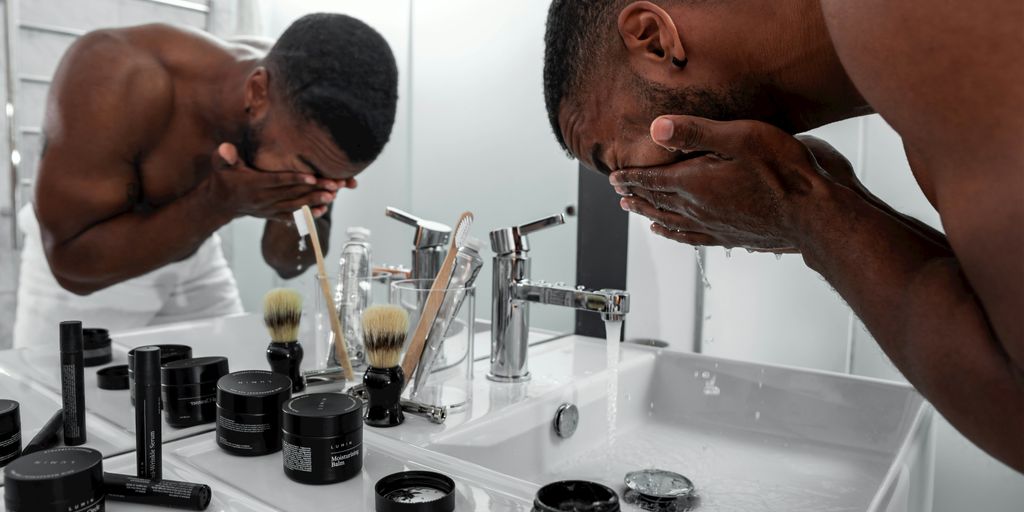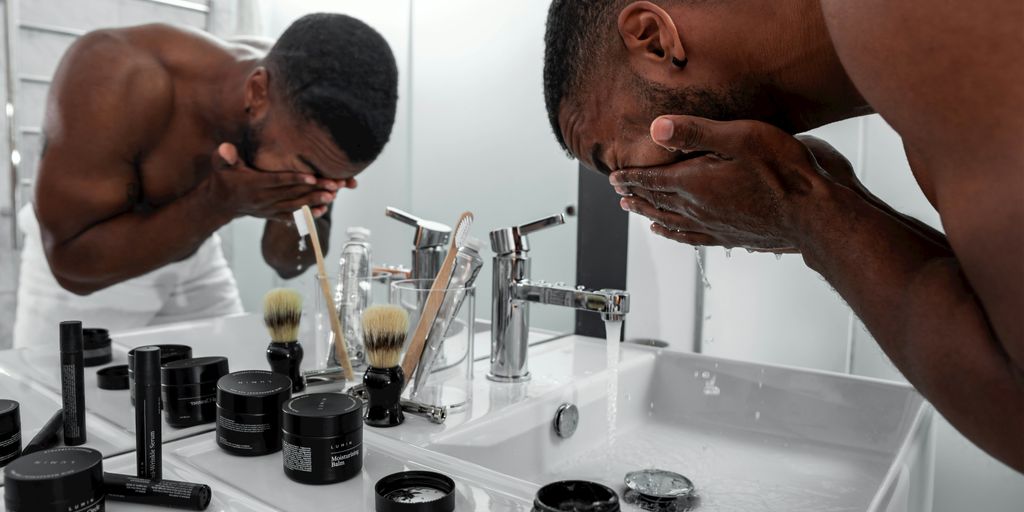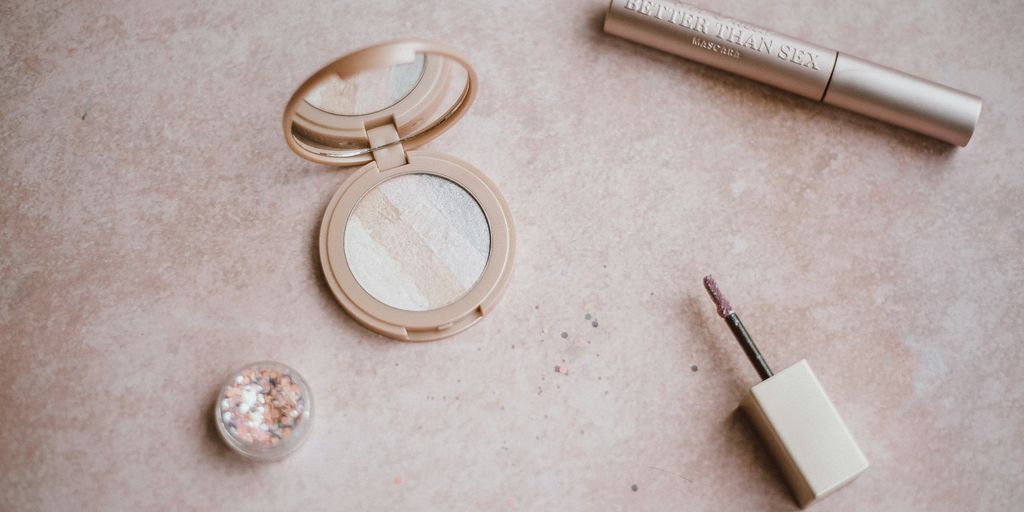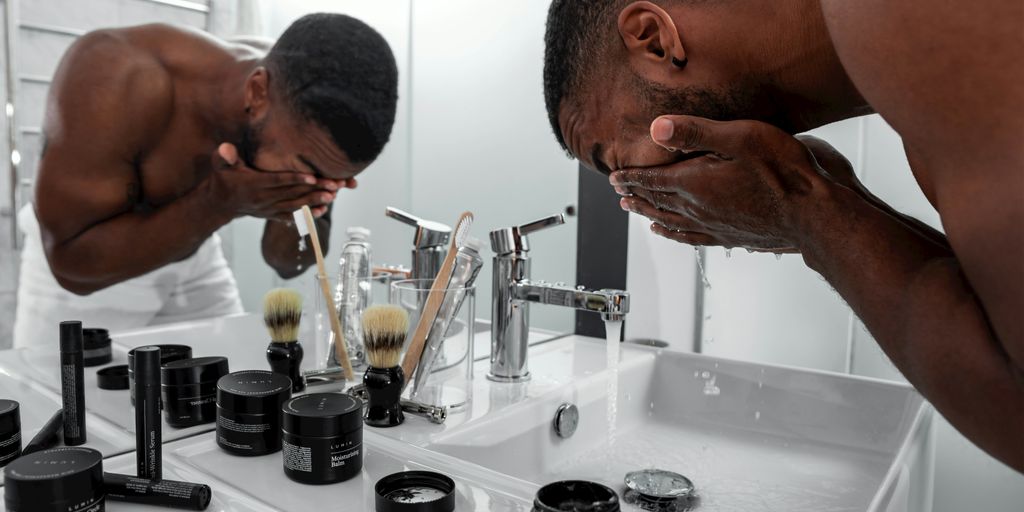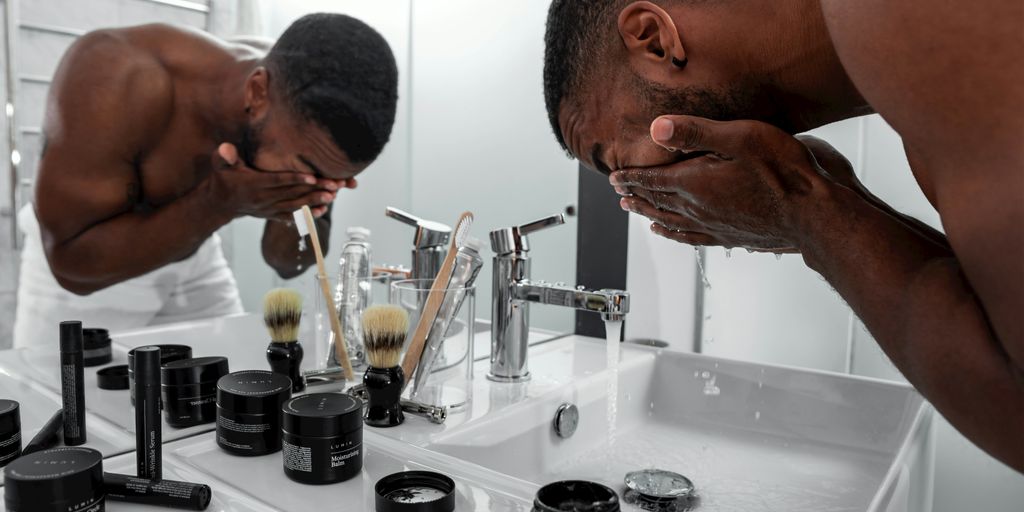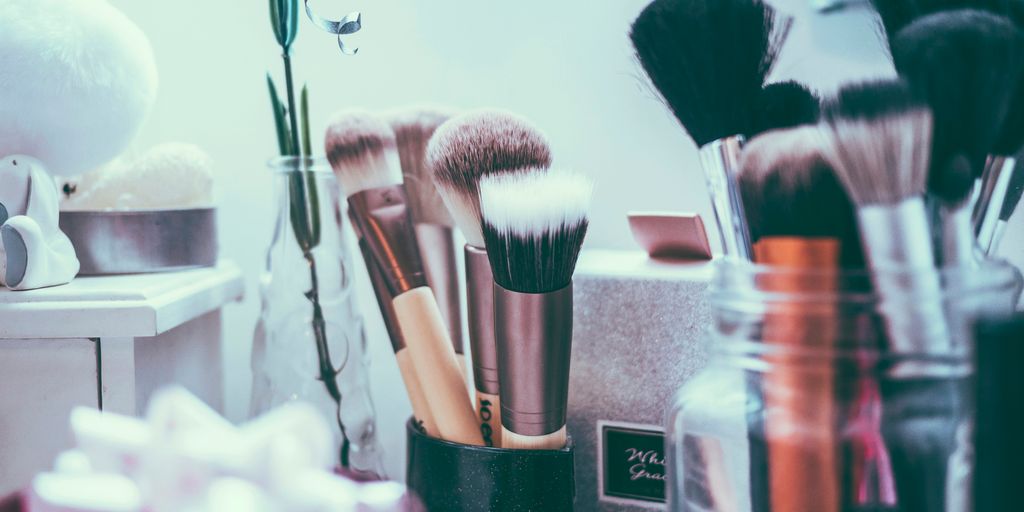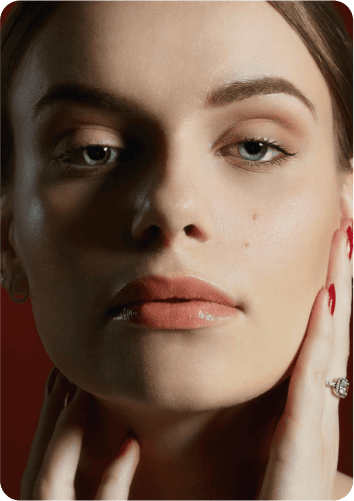When it comes to skincare, many of us want to make choices that align with our values, especially regarding animal welfare. The question of whether Philosophy, a popular skincare brand, is cruelty-free is a hot topic. This article explores Philosophy’s practices, its parent company’s policies, and what it means to be cruelty-free in today’s beauty industry.
Key Takeaways
- Philosophy is Leaping Bunny certified, confirming it does not test on animals.
- The brand is owned by Coty, a parent company that is not cruelty-free.
- Philosophy’s products may still be sold in regions where animal testing is required by law.
- Not all Philosophy products are vegan, but some options are available.
- Understanding the difference between cruelty-free and vegan is important for informed consumer choices.
Understanding Philosophy’s Cruelty-Free Status
It’s easy to get lost in the world of skincare, especially when trying to make ethical choices. Let’s take a closer look at Philosophy and its stance on animal testing. With so many brands claiming to be cruelty-free, it’s important to really understand what that means and how Philosophy measures up.
Is Philosophy Cruelty-Free Certified?
Yes! Philosophy is now Leaping Bunny certified, which is a big deal. This means they’ve gone through a rigorous audit to ensure they meet strict cruelty-free standards. Leaping Bunny is a well-respected organization, so this certification adds a lot of weight to Philosophy’s claims. It’s good to see brands taking that extra step to prove their commitment.
What is Philosophy’s Animal Testing Policy?
Philosophy states that they don’t test their products or ingredients on animals, nor do they ask others to do so on their behalf. This is great, but it’s also important to remember that policies can sometimes have loopholes. For example, some companies might claim to be cruelty-free but still allow testing when required by law. It’s always a good idea to dig a little deeper and see if there are any exceptions to the rule.
Does Philosophy Test on Animals?
According to their official statements and their Leaping Bunny certification, Philosophy does not test on animals.
It’s worth noting that the beauty industry is constantly evolving, and brands’ policies can change over time. Staying informed and doing your own research is always the best way to ensure that your purchases align with your values.
Here are some things to keep in mind when evaluating a brand’s cruelty-free status:
- Look for certifications from reputable organizations like Leaping Bunny.
- Read the brand’s official animal testing policy carefully.
- Be aware of potential loopholes, such as testing required by law.
- Consider the brand’s parent company and its policies (more on that later!).
The Impact of Parent Companies on Cruelty-Free Claims
It’s a bit of a maze when you start looking into which brands are truly cruelty-free. A lot of smaller brands are actually owned by huge corporations, and those corporations might not have the best track record when it comes to animal testing. So, what does that mean for the cruelty-free status of the smaller brand you’re trying to support?
Is Philosophy Owned By A Cruelty-Free Parent Company?
Unfortunately, Philosophy is owned by Coty, which isn’t a cruelty-free company. This is pretty common in the beauty world. You’ll see brands under the umbrellas of giants like L’Oreal, Estee Lauder, and Procter & Gamble, and many of these larger companies do conduct animal testing to some extent.
How Parent Companies Affect Brand Ethics
Here’s where it gets tricky. Even though a parent company might test on animals, some of the brands they own have strict policies against it. So, a brand like Philosophy can still be cruelty-free, even if Coty isn’t. It really comes down to how much control the parent company has over the brand’s practices. Some brands operate pretty independently.
The Dilemma of Supporting Non-Cruelty-Free Parent Companies
This is where you, as a consumer, have a choice to make. Do you avoid brands owned by companies that test on animals, even if the brand itself is cruelty-free? Or do you support the cruelty-free brand, hoping that it encourages the parent company to adopt better practices? There’s no right or wrong answer; it’s all about what you’re comfortable with.
Some people choose to boycott brands owned by parent companies that test on animals, while others support cruelty-free brands regardless of their parent company’s policies. It’s a personal decision based on individual values and priorities.
Ultimately, it’s about being informed and making choices that align with your own ethical standards. Knowing who owns whom is a big part of that!
Navigating Animal Testing Laws
It’s a bit of a maze trying to figure out where animal testing is still a thing, especially with different countries having different rules. Let’s try to break it down a bit.
What About China’s Animal Testing Laws?
China’s animal testing laws have been a big topic in the beauty world for a while. For a long time, if you wanted to sell cosmetics in China, animal testing was pretty much a requirement. But things are changing, slowly but surely. As of 2023, there are ways for some brands to sell in China without having to go through animal testing. However, it’s not a free pass for everyone.
To avoid animal testing in China, companies must meet specific criteria:
- Sell only ‘general’ cosmetics (makeup, skincare, haircare, nail polish, and perfumes).
- Avoid selling ‘special’ cosmetics like sunscreens or hair dye.
- Refrain from selling products for infants, children, pregnant or breastfeeding individuals, or products containing ‘New Cosmetic Ingredients.’
- Have a policy in place to recall products if post-market testing is required rather than allowing them to be tested on animals.
It’s important to remember that even with these changes, post-market testing involving animals, while rare, is still a possibility. So, it’s not a completely cruelty-free situation just yet.
Is Philosophy Sold Where Animal Testing Is Required By Law?
This is where it gets a little tricky. It’s not entirely clear if Philosophy is currently selling its products in mainland China under its Leaping Bunny certification. Philosophy had a successful launch on Tmall (China’s largest online retailer) back in 2017 and even opened a store in Shanghai.
Leaping Bunny-certified brands can sell some products in China under specific programs, but whether Philosophy is part of those programs is not clear. So, the answer to whether Philosophy is sold where animal testing is required by law is… maybe? It’s something to keep an eye on.
The Implications of Global Regulations on Cruelty-Free Brands
Global regulations can really impact brands trying to be cruelty-free. Different countries have different rules, and it can be hard for brands to navigate. For example, even if a brand is cruelty-free in the US or Europe, they might have to comply with different standards if they want to sell in certain other markets. This can create a dilemma for brands that want to be ethical but also want to reach a wider audience. It also puts the onus on us, as consumers, to stay informed and make choices that align with our values.
Exploring Vegan Options in Philosophy Products
It’s great to see more and more people interested in vegan skincare! Understanding which products align with a vegan lifestyle can sometimes feel tricky, so let’s break down Philosophy’s offerings.
Is Philosophy Vegan?
Philosophy isn’t a fully vegan brand, meaning not all their products are free from animal-derived ingredients. However, they do offer a selection of vegan products. It’s a bit of a mixed bag, so you’ll need to do a little investigating to be sure.
How to Identify Vegan Products from Philosophy
Philosophy usually marks its vegan products clearly, which is super helpful. The best place to check is their official website; they often have filters or labels to help you find vegan options quickly. Look for terms like "vegan" or symbols indicating the product is free from animal-derived ingredients. If you’re unsure, always double-check the ingredient list.
The Difference Between Cruelty-Free and Vegan
It’s important to remember that cruelty-free and vegan aren’t the same thing. Cruelty-free means the product wasn’t tested on animals, but it can still contain animal-derived ingredients like honey or beeswax. Vegan means the product doesn’t contain any animal-derived ingredients, but it doesn’t necessarily mean it’s cruelty-free. Some brands might be cruelty-free but not vegan, vegan but not cruelty-free, both, or neither. It can be confusing, I know!
Choosing vegan products is a great way to support animal welfare and reduce your environmental impact. By being informed and checking labels, you can make choices that align with your values.
Here’s a quick summary:
- Cruelty-Free: Not tested on animals.
- Vegan: No animal-derived ingredients.
- Both: Ideal for ethical consumers.
- Neither: Something to be aware of.
Evaluating Clean Beauty Standards
Clean beauty is a hot topic, but what does it really mean? It’s more than just a buzzword; it’s about making informed choices about the products we use and their impact on our health and the environment. It’s about transparency and knowing what you’re putting on your skin.
Is Philosophy Clean?
Philosophy is making strides toward becoming a clean beauty brand. They’ve been proactively removing butyl parabens from their formulas for several years. While some older products still contain paraben-based preservatives, the brand is actively searching for effective, non-paraben alternatives. Also, Philosophy excludes phenoxyethanol, BHT, and phthalates in all new product launches since 2022, and they’re working to reformulate existing products to meet their clean standards. It’s a journey, and they’re taking steps in the right direction.
Understanding Allergens in Beauty Products
It’s not just about what’s not in a product, but also what is. Allergens can be a real concern for many people. Brands should be upfront about potential allergens in their products, helping consumers make informed decisions that suit their individual needs and preferences. It’s about being inclusive and catering to a wider range of skin sensitivities.
The Importance of Transparency in Ingredient Sourcing
Where do the ingredients come from? How are they sourced? These are important questions to ask. Transparency in ingredient sourcing is key to ethical and sustainable beauty practices. Knowing that a brand is committed to responsible sourcing can make a big difference in your purchasing decisions.
Clean beauty is about more than just avoiding certain ingredients. It’s about a holistic approach that considers the entire lifecycle of a product, from sourcing to disposal. It’s about making choices that are good for you, good for the planet, and good for the future.
Consumer Responsibility in Ethical Choices
It’s easy to feel lost when trying to make ethical choices. There’s so much information out there, and it can be hard to know what to believe. But don’t worry, you’re not alone! We can all take steps to become more informed consumers and support brands that align with our values. It’s about progress, not perfection.
How to Make Informed Decisions
Making informed decisions starts with doing a little research. It doesn’t have to be overwhelming. Start small. Check out a brand’s website, look for certifications, and read reviews from other consumers.
Here are some things to consider:
- Read ingredient lists: Familiarize yourself with common ingredients and any potential allergens.
- Check for certifications: Look for recognized cruelty-free and vegan certifications.
- Read reviews: See what other consumers are saying about a brand’s ethics and practices.
The Role of Certifications in Ethical Beauty
Certifications can be a helpful tool, but it’s important to understand what they mean. A certification from a reputable organization can provide assurance that a product meets certain standards. However, not all certifications are created equal. Do some digging to understand the criteria behind each certification and whether it aligns with your personal values. Some certifications focus solely on animal testing, while others consider broader ethical factors like environmental impact and labor practices.
Supporting Brands That Align with Your Values
Ultimately, supporting ethical brands is about finding companies that share your values. It’s about more than just buying a product; it’s about supporting a company’s mission and practices. This might mean choosing smaller, independent brands over larger corporations, or it might mean being willing to pay a little more for a product that you know is made ethically.
It’s okay if you can’t always make the perfect choice. The important thing is to be mindful of your purchasing decisions and to support brands that are trying to do better. Every little bit helps!
As consumers, we have the power to make choices that can help the planet. Every time we buy something, we can think about how it affects the environment and the people who made it. By choosing products that are good for the earth and supporting companies that care about their workers, we can make a big difference. Visit our website to learn more about how you can shop responsibly and make ethical choices that benefit everyone!
Final Thoughts on Philosophy’s Ethical Practices
In wrapping this up, it’s clear that Philosophy has made strides in being cruelty-free. They don’t test on animals, and they’ve got the Leaping Bunny certification to back that up. But, there’s a catch. They’re owned by Coty, a company that doesn’t have the same commitment to cruelty-free practices. So, while you can feel good about using Philosophy products, it’s important to think about the bigger picture. If you’re passionate about cruelty-free beauty, consider how much that parent company matters to you. At the end of the day, it’s all about making choices that align with your values. Thanks for sticking with me through this exploration of Philosophy’s practices!
Frequently Asked Questions
Is Philosophy a cruelty-free brand?
Yes, Philosophy is a cruelty-free brand. They do not test their products or ingredients on animals.
Is Philosophy certified cruelty-free?
Yes, Philosophy is certified cruelty-free by Leaping Bunny, which means they meet strict standards for not testing on animals.
Does Philosophy sell products in countries that require animal testing?
It is unclear if Philosophy sells in countries like China where animal testing is required. They need to comply with local laws.
Are all Philosophy products vegan?
No, not all Philosophy products are vegan, but they do offer some vegan options that do not contain animal products.
How can I find vegan products from Philosophy?
You can find vegan products from Philosophy clearly marked on their website.
What is the difference between cruelty-free and vegan?
Cruelty-free means no animal testing, while vegan means no animal ingredients. A product can be cruelty-free but not vegan.
